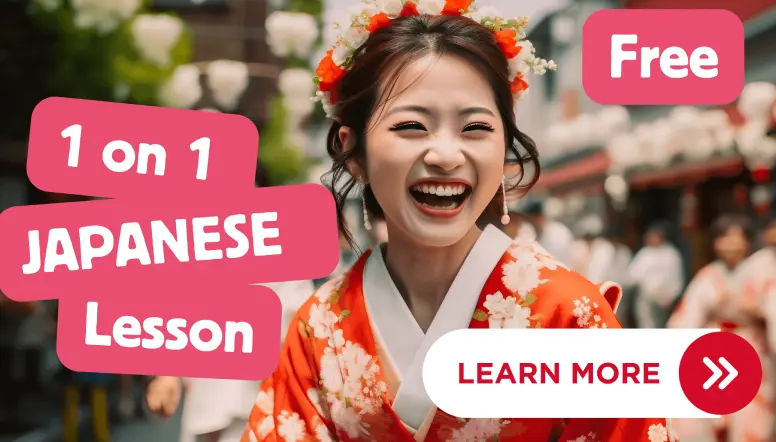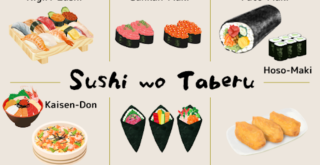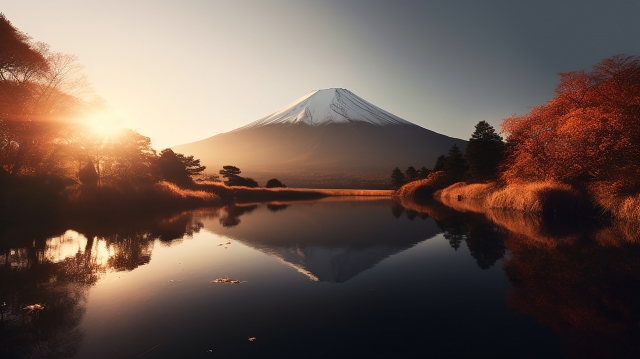
When you hear the term “Japanese culture,” what first comes to mind? Some of you may not yet know what kind of things are called Japanese culture. In this article, we will introduce some fascinating and interesting topics of Japanese culture and show you how to learn Japanese culture effectively. If you read to the end, you will be able to start learning about the Japanese culture you are interested in right away!
Understanding the appeal of Japanese Culture
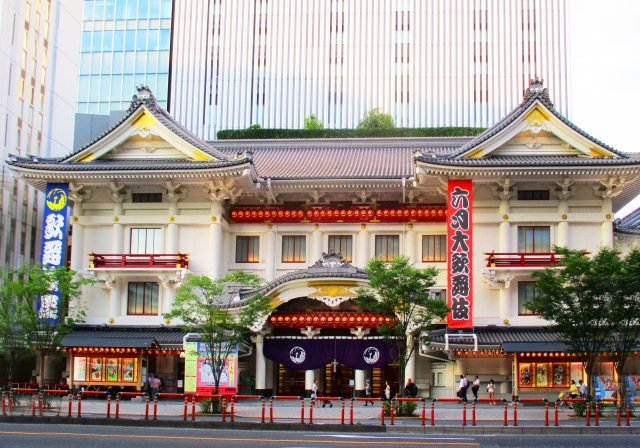
First of all, what is Japanese culture? We will introduce some fascinating aspects of Japanese culture and its unique characteristics. Let’s look at three types: traditional arts, food culture, and festivals and events.
Traditional Performing Arts
First, we will briefly explain the history and characteristics of the traditional performing arts that represent Japanese culture. In Japan, there are several traditional performing arts such as Kabuki, Noh drama, and tea ceremony.
Kabuki is a Japanese intangible cultural heritage theater, which was born in Kyoto in 1603 and captivated people with its flamboyant costumes, makeup, and eccentric movements. It is composed of music, dance, and acting/directing, and is characterized by the fact that all roles, including female roles, are played by men.
Nohgaku is a performing art registered as an Important Intangible Cultural Property of Japan and a UNESCO Intangible Cultural Heritage. Noh and Kyogen together are called Nohgaku. Noh is a masked drama consisting of song and dance. Kyogen is a drama centered on dialogues, similar to a comic or comic storytelling.
Tea ceremony is a ritual in which the master of a house serves tea to his guests. When the knowledge of tea was imported from China during the Nara period (710-794), it became a ritual held at court. There are detailed rules on how to stand, walk, and sit, as well as how to bow, serve tea, drink, and greet guests. It is a great opportunity to learn the spirit of “Omotenashi,” which became a hot topic during the Olympic bid presentation, and “Wabi Sabi,” a uniquely Japanese aesthetic.
Food Culture
Japanese food, a traditional Japanese food culture, is registered as a UNESCO Intangible Cultural Heritage. Japan’s unique four seasons are reflected in its cuisine, and there is a strong connection with annual events. It is healthy and nutritionally balanced because it makes use of the flavors of a wide variety of ingredients. You may have heard of soy sauce, miso, and other uniquely Japanese seasonings.
Furthermore, sweets born in Japan are called “wagashi”. The appeal here, too, is that you can feel the changing of the four seasons. Made mainly from grains, beans, sugar, and other ingredients, they are served during tea ceremonies as refreshments. Traditional cuisine rooted in a region is called “local cuisine”. They are prepared using local specialties with unique cooking methods and flavors, and are so different that even among Japanese people they can be perceived as unique.
Festivals and Events
Japanese culture includes rituals known as matsuri. The cultural significance is to worship gods, Buddha, and ancestors for thanksgiving, prayer, and consolation. Japan is a polytheistic or non-believing country, and you may be surprised at the difference in mindset from monotheistic religions such as Christianity and Islam. There are countless festivals throughout Japan, but the three biggest in Japan are the Kanda Festival in Tokyo, the Gion Festival in Kyoto, and the Tenjin Festival in Osaka. A good way to enjoy these festivals is to wear yukata (light cotton kimono), shop at the “yatai” stalls that are set up in conjunction with the festivals, and watch the dancing and portable shrines (vehicles for the gods) of each festival. In addition, fireworks are often displayed at night.
Resources for Learning Japanese Culture
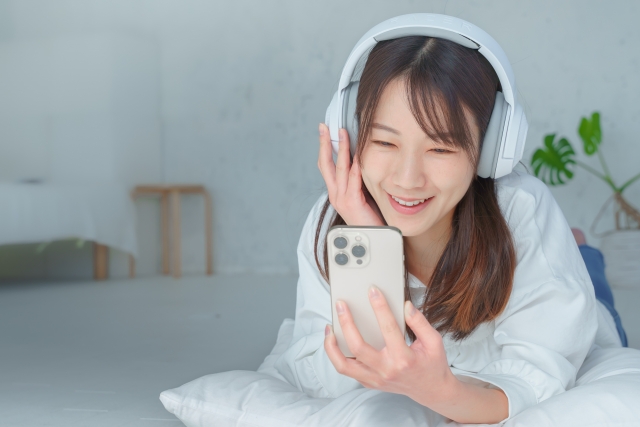
What can I do to learn about these aspects of Japanese culture? Here are some useful resources to help you delve deeper into Japanese culture.
Movies, Dramas, and Anime
First, how about movies, dramas, and anime that you can enjoy while learning about Japanese culture? Especially if they are non-fiction based on actual experiences, you can get a more realistic sense of life in Japan. The lifestyle in Japan has changed dramatically since the 2021 era, the Heisei era, and the Showa era, so it would be interesting to watch while being aware of the historical background. In addition, some anime that are popular overseas have strong creative elements, but festivals and other annual events are often carefully depicted. We encourage you to expand your image of Japanese culture while having fun.
Online Courses and Webinars
Next, we would like to introduce you to online courses and webinars where you can learn about Japanese culture. Even if you want to learn about Japanese culture in a nutshell, it is a hurdle for a complete beginner to start learning on your own. However, online courses and webinars are a great way to learn about Japanese culture in a systematic way. The advantage is that the time and place are flexible, so you can learn without problems even if you live abroad. We recommend this program for those who would like to learn properly with the help of a facilitator, although watching movies, dramas, and animations are also good.
Ways to Experience Japanese Culture
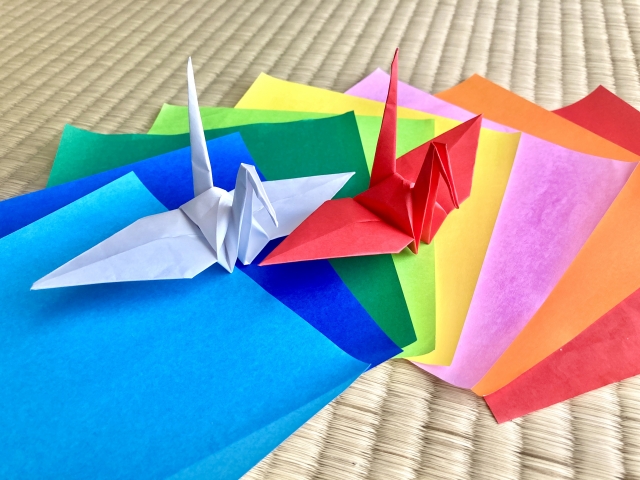
Finally, here are some ways to experience Japanese culture. As you gain more input about Japanese culture, many of you may want to actually experience and interact with Japanese culture. Let’s take a look at three different ways to do this: using a language exchange or homestay, taking advantage of cultural experience programs and events, and actually visiting Japan.
Language Exchange and Homestay
The first way to experience Japanese culture is through a language exchange or homestay. Through these, you can learn about Japanese culture directly from Japanese people, which is an advantage. Language exchange is especially recommended for those who have become interested in the Japanese language as they learn about Japanese culture. If you learn about Japanese culture through the Japanese language, you will probably gain a deeper understanding of the unique Japanese way of thinking. Also, if you actually have the opportunity to travel to Japan, consider a homestay. By living with a Japanese family, you may discover detailed cultural customs that cannot be depicted in movies, dramas, or seminars.
Cultural Experience Programs and Events
Next, we would like to introduce programs and events that allow you to experience Japanese culture. For example, events could include cooking Japanese food together, trying on kimonos together, or watching kabuki and having it explained to you. Information on these can be gathered online, so please search for Japanese cultural experience programs and choose the ones you are interested in based on reviews and reputation. Points to note are to carefully check the target age range, online/offline, participation fees, and who is hosting the event. Many programs are organized by Japanese language schools as well as local communities, so check them as well.
Visiting Japan
In this section, we would like to recommend some of the best places to visit and activities to do when visiting Japan to experience Japanese culture. One of the best ways to enjoy the local cultural experience is to choose dates when you can see traditional performing arts and festivals. Festivals are not always held, so if you want to attend a festival, check the Internet for the dates of the festivals you are interested in and take care to come to Japan accordingly. Also, some traditional performing arts require tickets. To see kabuki, for example, in a large theater, you will need tickets priced differently for each seat, so check your budget and your view of the stage carefully before purchasing.
If you want to enjoy Japanese cuisine, you should do your research on the area you are visiting. The world-famous tourist destinations include Tokyo, Kyoto, and Osaka, but there are many other areas to visit and enjoy local cuisine. Please don’t narrow your view and check out the attractions of various regions before choosing a place to visit.
Summary
Are you excited to learn about Japanese culture? It is easy to think that you have to visit Japan in person to experience Japanese culture, but we recommend that you start by enjoying the Japanese people online. Ohanasi Kagawa offers free online language exchange events on weekends. Japanese and English learners are paired one-on-one and swap the language they speak every 15 minutes, creating an environment where they can teach and learn from each other, which is one of its strengths. It is a valuable opportunity to meet Japanese people, and some events are dedicated to learning about Japanese culture, so please take a closer look first.
That said, you might still not be confident in your Japanese speaking ability. You’re not sure how to study Japanese. For people like that, we are currently offering free Japanese language consultation and free lessons for a limited number of 10 people each month.
You don’t know how to study Japanese. If you are interested in taking Japanese lessons to solve what you don’t understand, please feel free to join us.
If you are interested, please click the URL or image below.
Click here to see more details >>>


